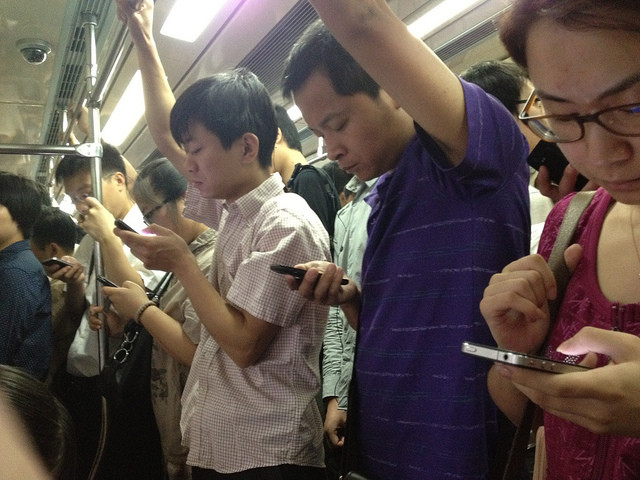China's internet censorship model is being emulated across the world, a new report shows. China's digital surveillance standards are reportedly influencing other nations', according to the watchdog Freedom House.
The Freedom on the Net report 2018 revealed that overall Internet freedoms have decreased for the eighth time this year as national governments worldwide exerted more efforts to collect user data and regulate fake news. In the annual report, 26 out of 65 countries reportedly have diminished web freedom, not excluding the United States.
The Freedom House naturally expressed concern over this trend. According to the President, Michael J. Abramowitz, democracies might struggle because of this in the digital age. The president added that this is China's model of censorship and surveillance being exported outside of its borders. The report, however, highlighted the many negative events that transpired in the past year due to fake news, social media hate speech and propaganda materials circulated online. Most of these events were reported in nations such as Myanmar, India, and Sri Lanka.
China is said to have a sophisticated internet censorship mechanism, known as the "Great Firewall." However, instead of keeping it to herself, China is reportedly generous with training other countries on how to practice this model as well. The nation also provides cutting-edge hardware for this to be executed properly, such as facial recognition and advanced data tools.
The research director of Freedom House, Adrian Shahbaz, claimed that there is now a move towards digital authoritarianism by a host of countries, all-embracing the Chinese model.
The House is currently criticizing the United States for doing so. The US still has its "free" rating, but its net neutrality protections are perceived as a blow to civil rights. The continuous proliferation of disinformation, as well as hyperpartisan content on different social media platforms, was especially cited as worrying. The watchdog claimed that efforts to regulate fake news could be a double-edged sword, with both benefits and negatives. Countering online disinformation can be an excuse of abuse as well, restricting freedom of expression in reality and criminalizing any form of dissent, most especially the form of online criticism.
According to the Washington Post, fake news can be sowed by the government itself. The Republican Party of the United States is criticizing for peddling fake news, given its devotion to President Donald Trump. The party is also criticized for being the one behind a slew of conspiracy theories and false accusations of late. The party is also accused of releasing and spreading paranoid fantasies.






